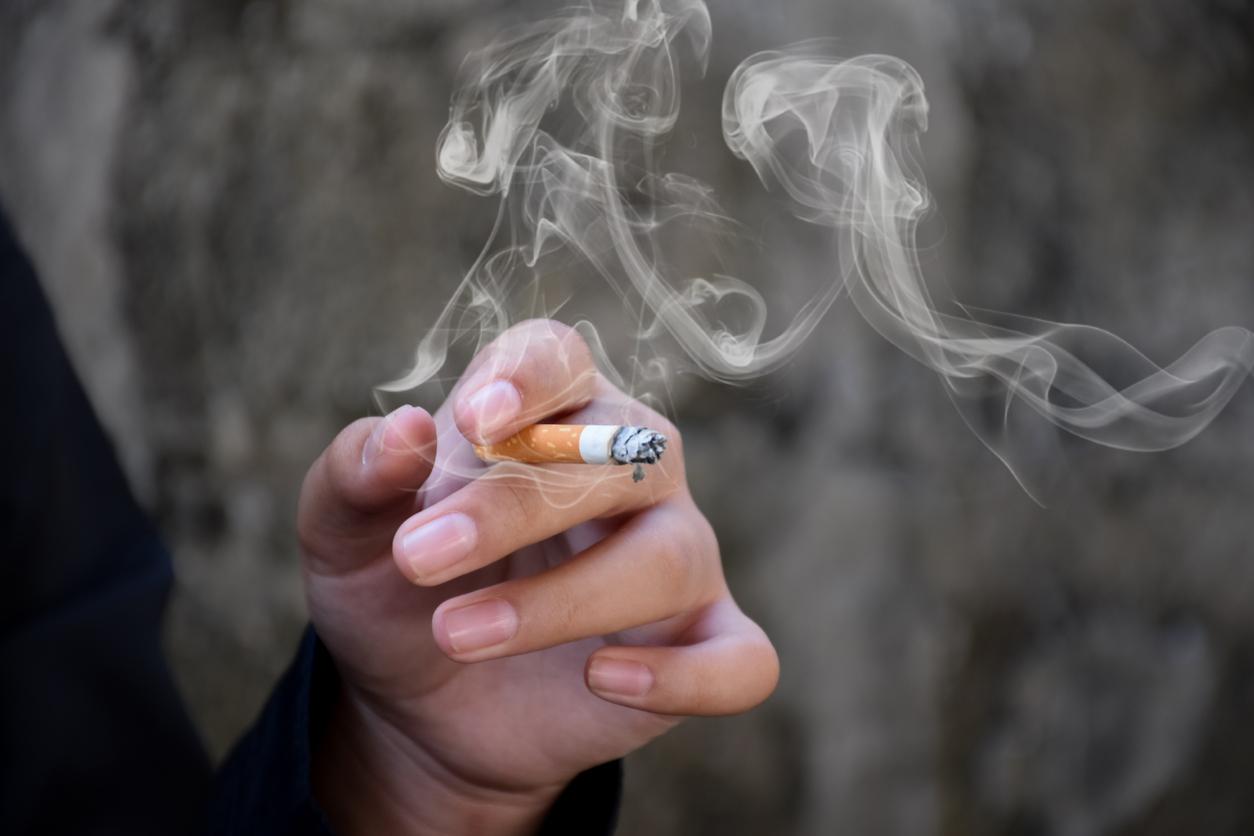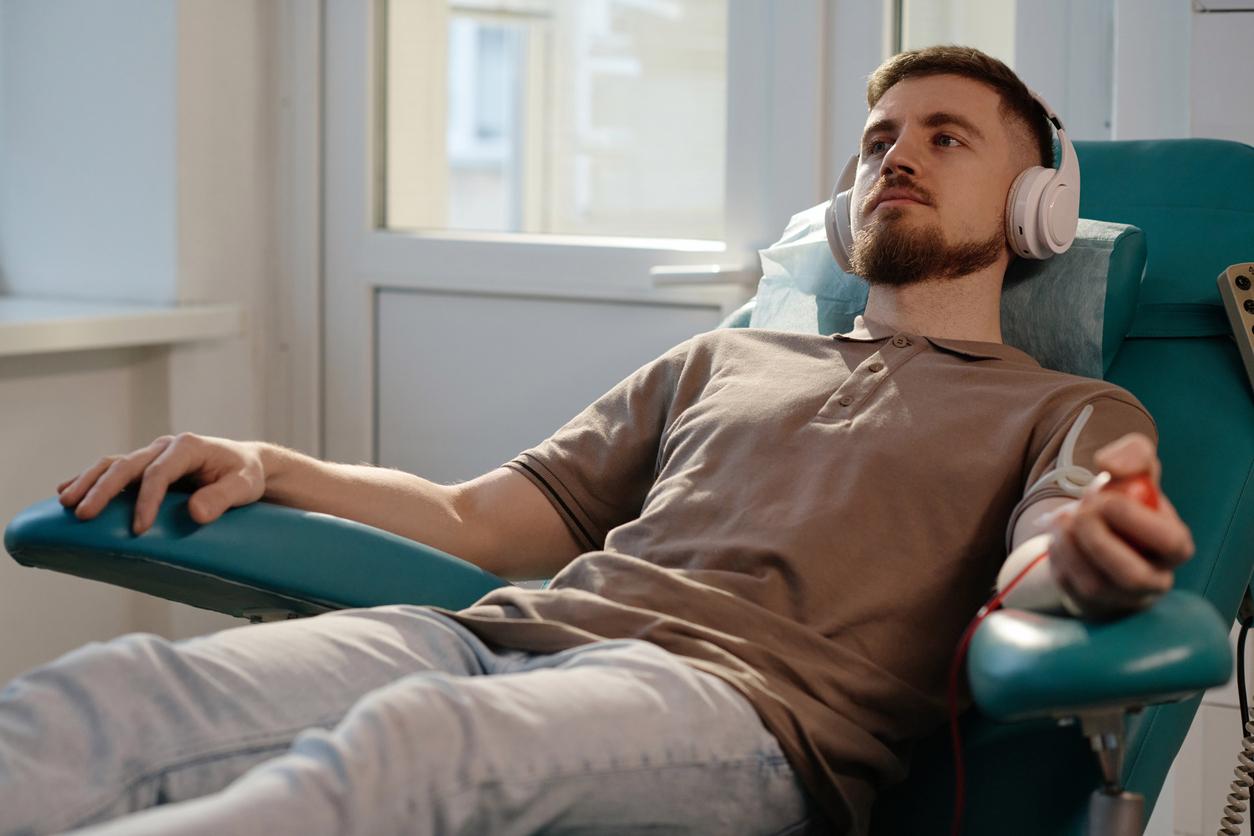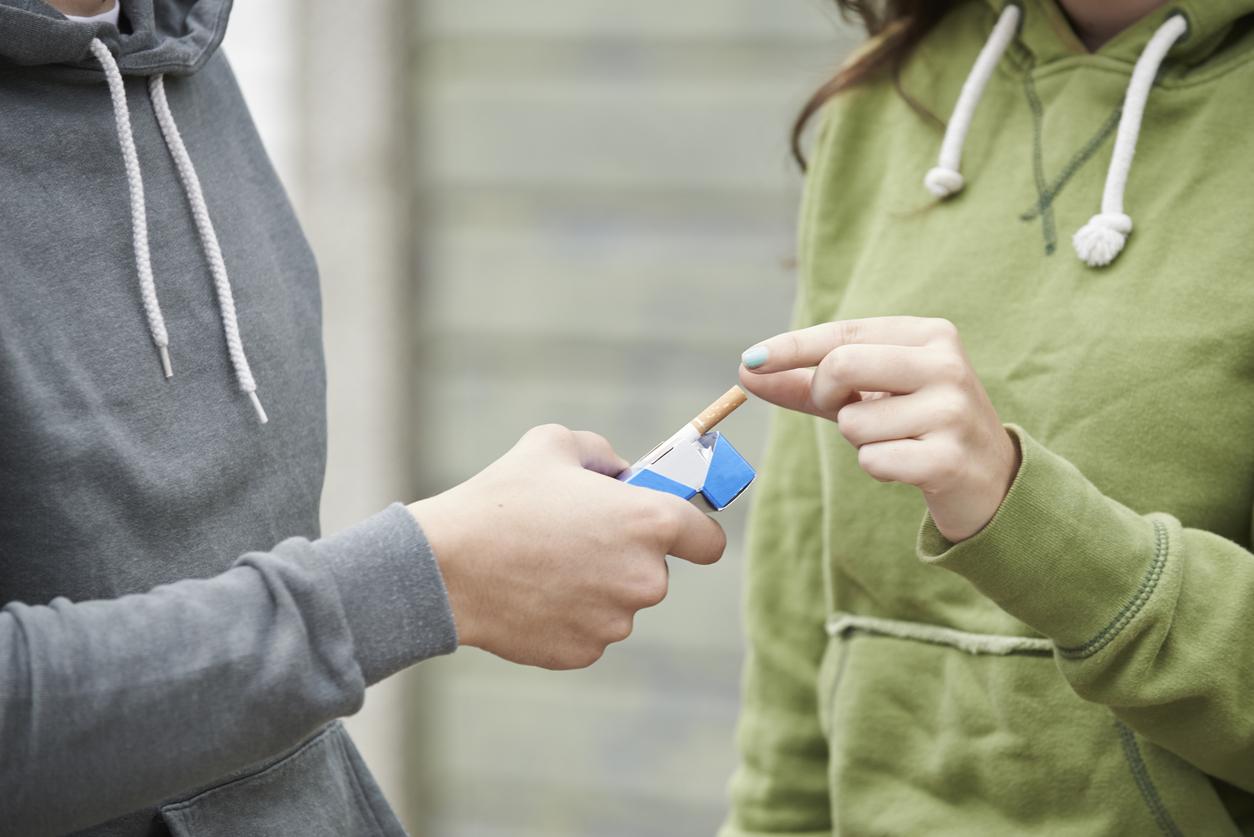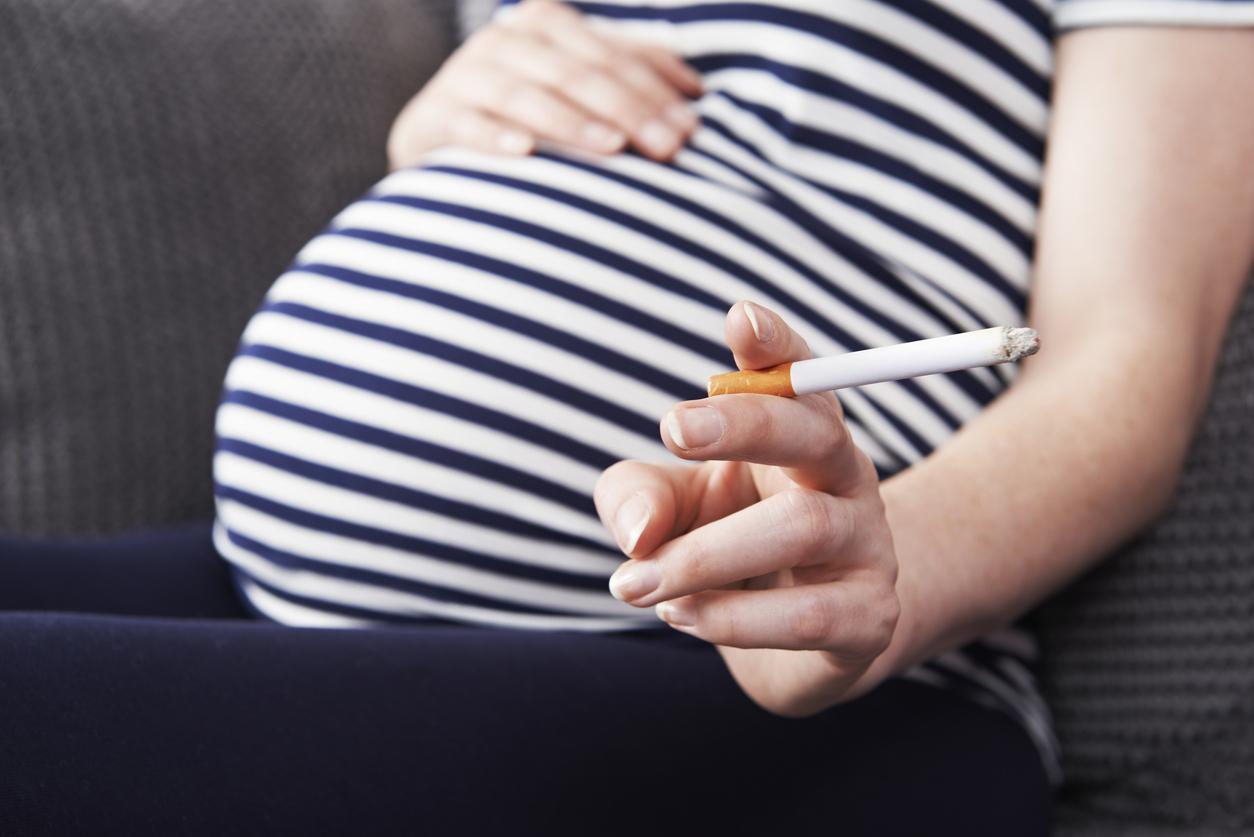A study among underprivileged populations showed that financial incentives coupled with mediation could increase the withdrawal rate by six.

What if, once again, money was the crux of the matter? To dissuade smokers, it is customary to increase the price of tobacco: as long as it is sudden enough, an increase is likely to have automatic repercussions on consumption. Corn recently, Boston researchers looked at a much gentler method: paying smokers …
The study took place at the famous Boston Medical Center. For one year, 352 patients wishing to quit smoking, and of low socio-economic level, lent themselves to the experiment. Half of them – the unlucky ones in the drawing of lots – were entitled to traditional care: a few information brochures and “minimal” advice from the attending physician.
For others, it is a greatly improved support that has been put in place. They were contacted by pivotal interveners – public health mediators, common in North America – who could provide them with advice and direct them to medical treatment if necessary. Most importantly, they received a staggering reward for success.
Six times more interruptions
Those who managed to quit smoking within six months thus received $ 250 (approximately € 215) for their sentence. Better, if they held six additional months, they received a doubled premium of 500 dollars (430 euros). A saliva test made sure it was real – you can never be too careful when it comes to money.
And once again, the greenback has shown its power. After one year, 12% of the patients thus supervised had stopped smoking, ie six times more than in the control group. A previous study, carried out with employees of General Electric in Pennsylvania, had tripled the rate of smoking cessation, thanks to financial incentives alone.
“Our study shows that to help people of low socio-economic status to quit smoking, we should adopt a multi-faceted strategy, which combines assistance interventions but also, when possible, financial incentives”, concludes Karen Lasser, internist at the Boston Medical Center and the study’s first author.
AT study with us
And if it was necessary, in terms of prevention, to add the carrot to the stick? The idea seems to be slowly gaining ground, including in our latitudes. In France, a similar study is underway with pregnant women, who will receive up to 300 euros to refrain from smoking during their pregnancy. The first results should be known next spring.
The fact remains that moving from a policy of increasing the price of tobacco, which has the advantage of filling the State coffers, to a prevention policy based on financial incentives, will require more than a few experimental studies. A complete change of philosophy, complemented by close medico-economic studies, will undoubtedly be necessary.
In the meantime, Agnès Buzyn has announced her goal: a package of ten euros by 2020, with a first increase planned next November 13.
.

















